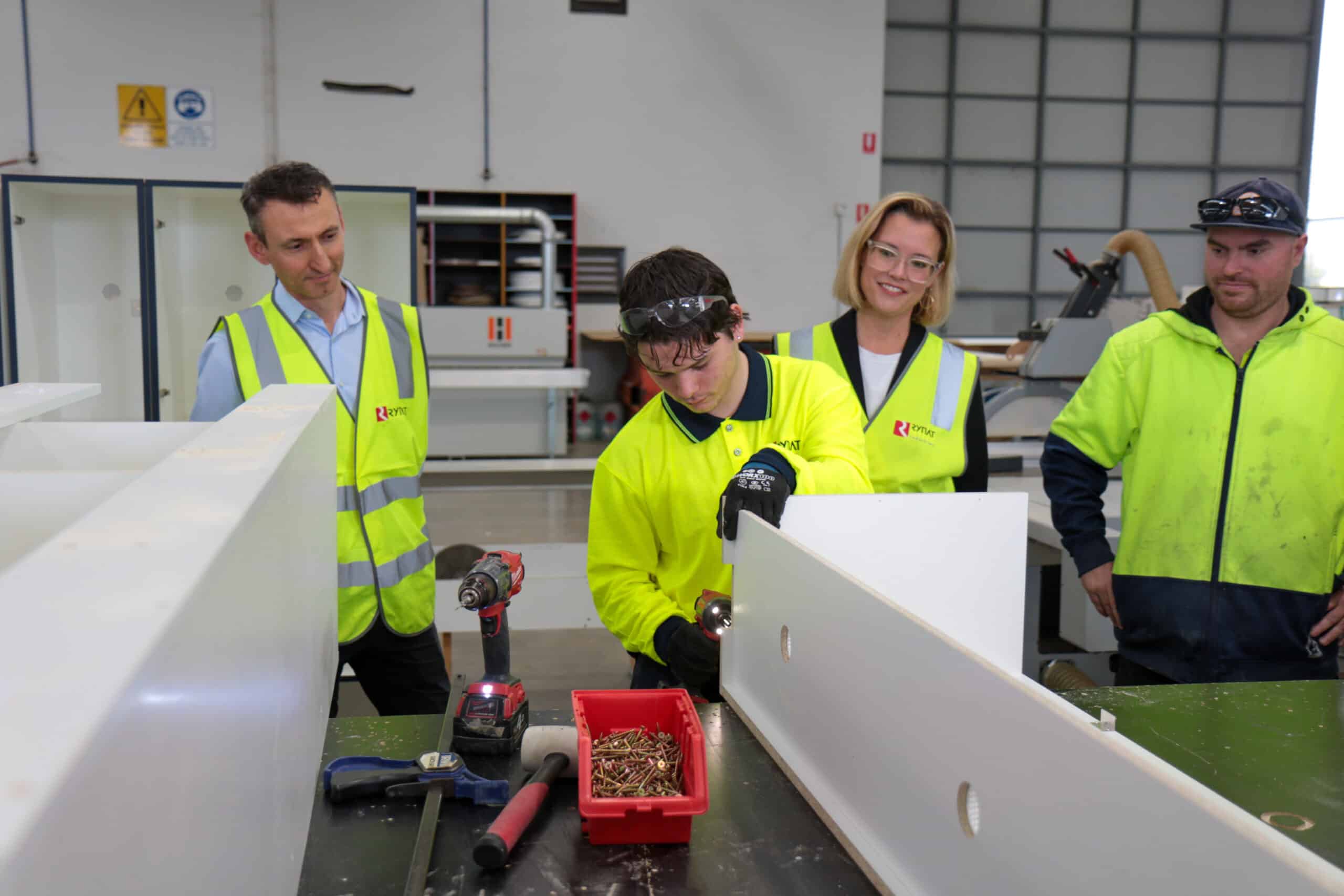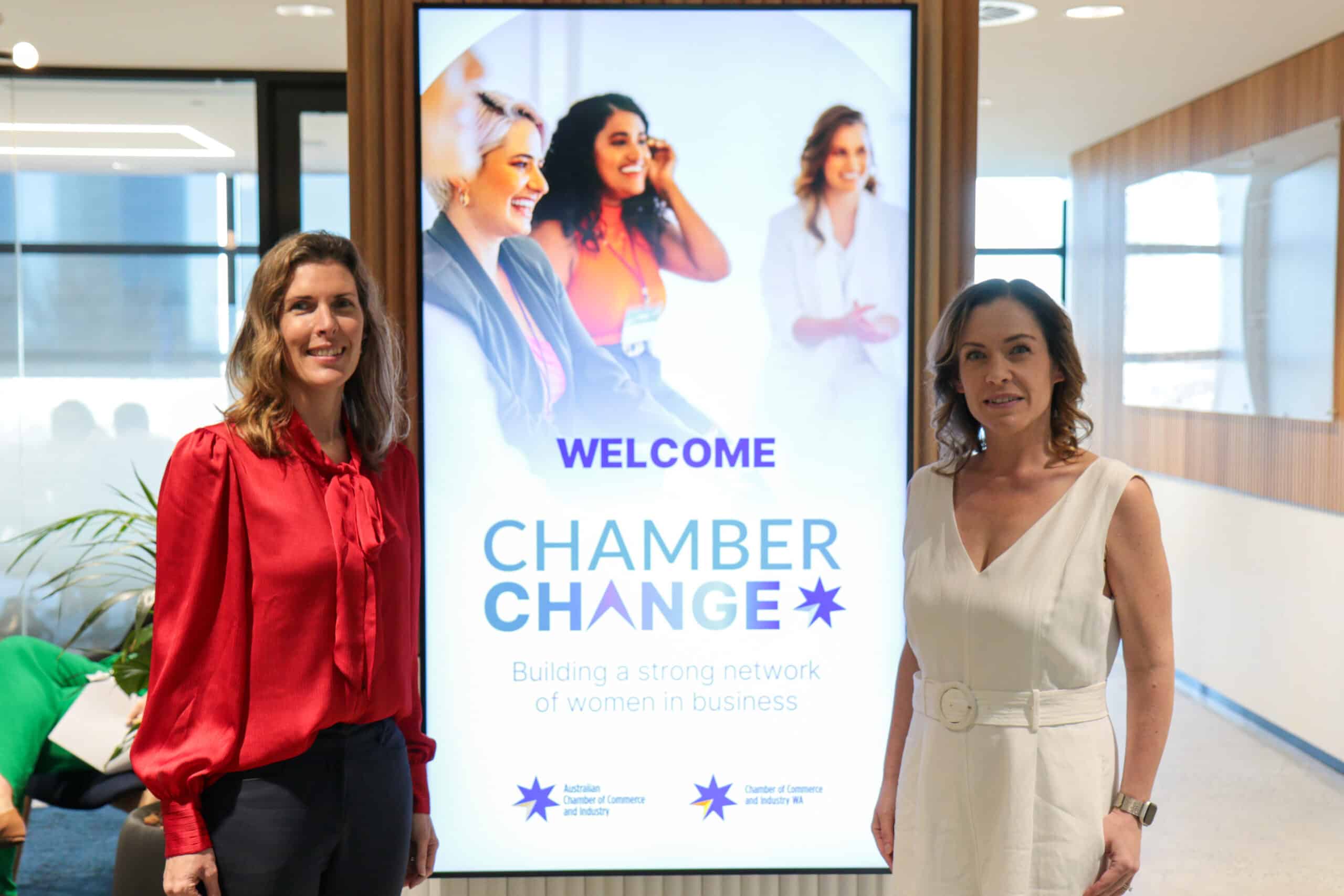Bullying is damaging no matter who the victim, with men and women face distinctly different types of workplace bullying.
Women are more likely to be bullied and experience unwanted sexual advances while men are more likely to be yelled or sworn at, according to research.
The Bullying and harassment in Australian workplaces: results from the Australian workplace barometer project 2014/15 also found that women were more likely to experience unfair treatment because of their gender and be physically assaulted or threatened by a client or patient.
CCI Manager, Industrial Relations and Safety Policy Paul Moss agrees bullying is across the board, although women are more likely to report it.
“Male on male bullying tends to be overt and more apparent to others and as such it is often easier dealt with within an organisation,” he says.
“However, the challenge for some organisations is making the decision to deal with the problem where it has become culturally entrenched. Where this is the case, bullying is often not reported, but affects the business through high staff turnover and significantly lower productivity.”
He says instances of female-to-female bullying are significantly more covert and while it is more frequently reported, it can be harder to investigate.
“Male to female bullying remains an ongoing issue and often the behaviour also constitutes gender-based discrimination and/or sexual harassment exposing the organisation to the risk of multiple claims.”
Moss says female bullying of male workers is also an issue of concern, but is largely underreported.
“The propensity for someone to engage in bullying behaviour is not gender specific, but what is gender specific is how that behaviour is likely to manifest itself.
“A female worker is just as likely to be a bully as a male worker is.”
Businesswoman and author Melva Stone has borne the brunt of female bullying and changed her working ways to avoid it.
“As a consultant, I had my own business for 20 years and I have actually worked away from contracts because I was prevented from what I needed to do through a female manager who was micro-managing,” she tells Business Pulse.
“I had to say to the board, ‘I can’t keep taking your money because I can’t do the job and everything is being micromanaged’.
“That’s another issue—that style of bullying, which is passive bullying, can prevent people doing their job and when they don’t do their job, the bully has even more reason to justify their bullying.”
University of Western Australia’s Business School Lecturer Jacquie Hutchinson says some of her research was around sabotage when a new manager was appointed.
“This happens a lot around women. Where women have come in to new jobs as managers, it seems in a lot of workplaces that it is easier to criticise and push back on women than it is on men,” she says.
►Need help managing bullying behaviour in your workplace? Contact CCI’s workplace consulting team now for expert assistance.












